The Dangers of Ego and the Importance of Humility
Ego is one of the greatest pitfalls to faith, and it obstructs healthy relationships. But what is Ego? It’s a person's (unhealthy) sense of self-importance and self-esteem. Egoists tend to see themself and their needs as more important than those around them. Egoists tend to think that their way is the right way–and that they don’t need to rely on others for help and answers. An over-inflated sense of self-worth is a destructive force. It ruins our relationships, faith, and causes us to lose empathy and kindness. Maybe you know an egotist. Maybe you are an egotist. Keep reading–we are going to discuss what answers Islam has for people struggling with their ego.
The Qura’an commands us to live with humility:

”And do not turn your cheek [in contempt] toward people and do not walk through the earth exultantly.
Indeed, Allah does not like everyone self-deluded and boastful.”
(Quran, 31:18)
God knows that as humans, one major obstacle for us would be ego–that's why ego is discussed so extensively in the Qura’an. We are commanded to live with humility because without forgiveness, understanding, and self-sacrifice, societies cannot function. The aforementioned “self-deluded and boastful” are living in defiance of God’s will.
Banish ego and practice humility through prayer:
“And seek help through patience and prayer, and indeed,
it is difficult except for the humbly submissive to Allah.”
(Surah Al-Baqarah 2:45)
The act of prayer is an act of submission towards God. When we pray, we are protesting and humbling ourselves before our God–a reminder of our master and servant relationship. Prayer is a powerful tool for dulling your ego, and returning to a place of humility. If you are struggling with ego, try incorporating prayer into your daily life–it could be just what you need.

What we have isn’t ours. And we don’t deserve it:
“and whatever you have of favour – it is from Allah.”
(An-Nahl: 53)
Ego is thinking that only we deserve what we have–and that we deserve more on top of that. In reality, what we have belongs to Allah. By His mercy and grace, we are blessed with what we have–undeserving. If you need an ego check, remember that there was a time before you had riches–and there could come a time in the future where you don’t. Earthly treasure aren’t what matter–its storing up treasures in Heaven that we should be focused on–and we do that by practising humility and kindness.
True leaders are humble, not arrogant:
People who practice and model true leadership act as servants. They don’t let their ego control their actions and interactions, and they think of their community before themselves. The Prophet Mohammad’s humility is well-documented.

A man who had every right to an ego was the most humble of them all. The Prophet was a listener, a peacemaker, and a sacrificer. He cared for his wives and children attentively–helping with house chores and sacrificing time for his young ones. The Prophet forgave others when he was wronged, and was slow to anger.
Strong people and strong leaders practise humility like the Prophet did. When blinded by ego, you only see how to serve yourself. With the clarity of humility–you address the needs of others.
The Qura’an has a lot to say on matters of ego and humility–which makes in an important aspect of our lives. We should all take some time to examine our relationship with our ego. To surmise–ego is a dividing force. It blinds us, makes us look inwardly to focus on our own needs and desires. Humility is a uniting force–when we realise that we are not the most important piece of the puzzle, we work on supporting and helping others, which leads to happier, healthier lives.










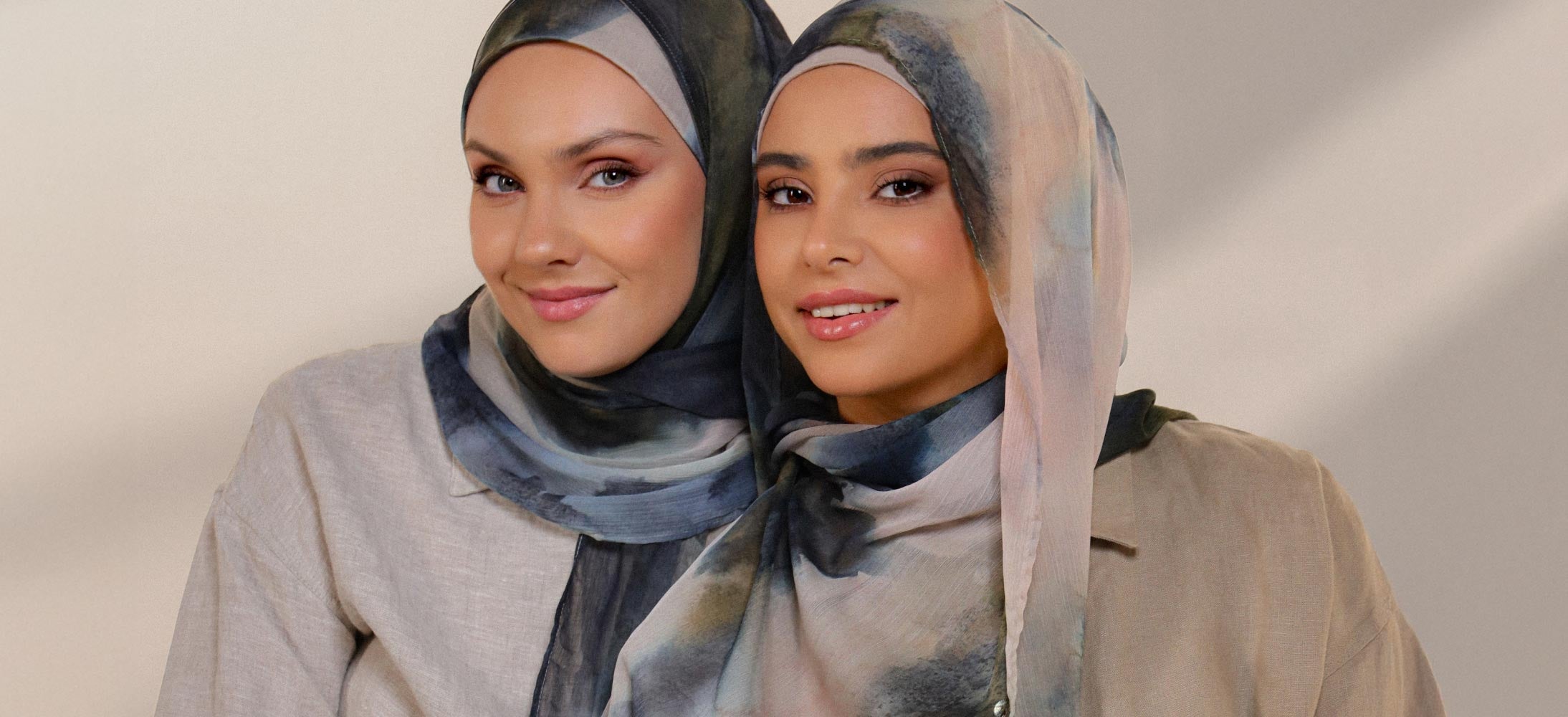
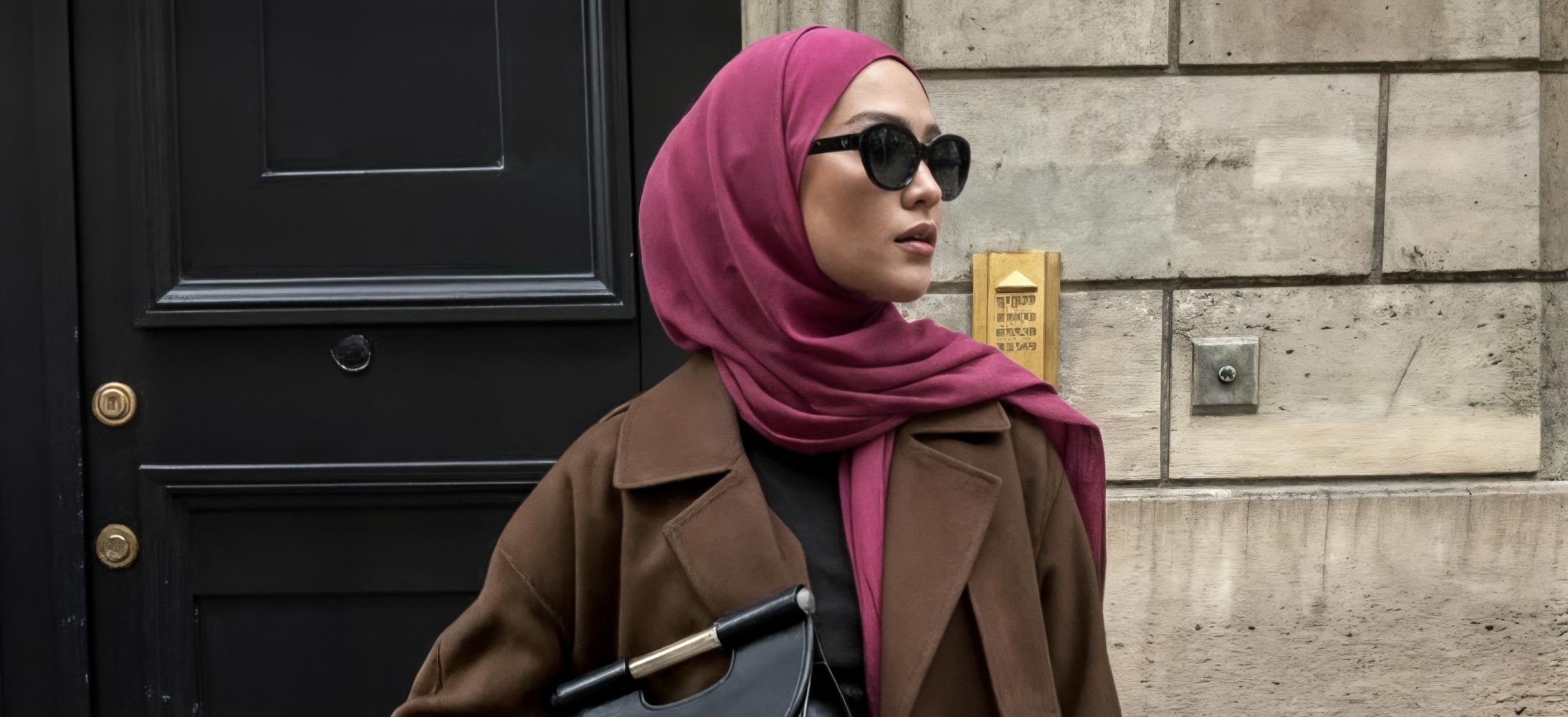
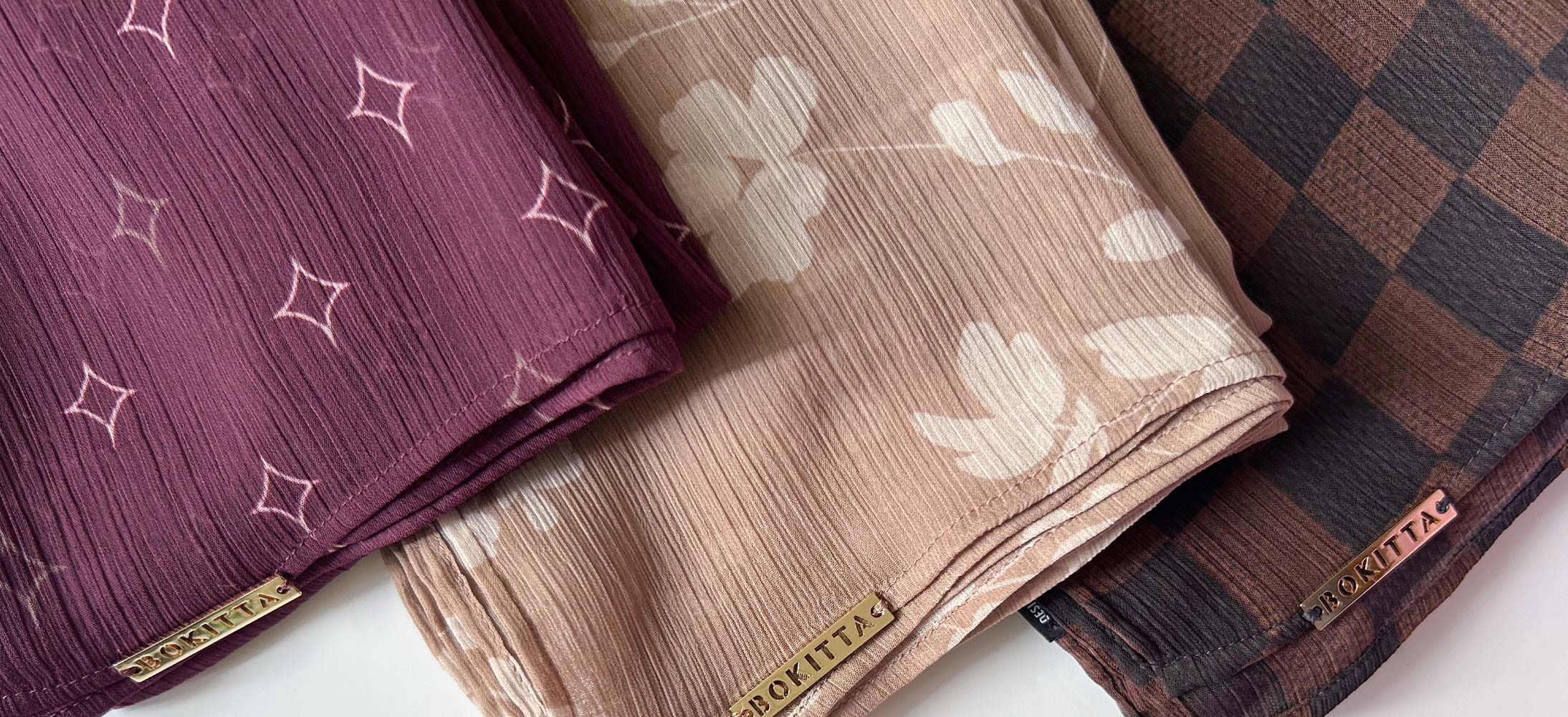


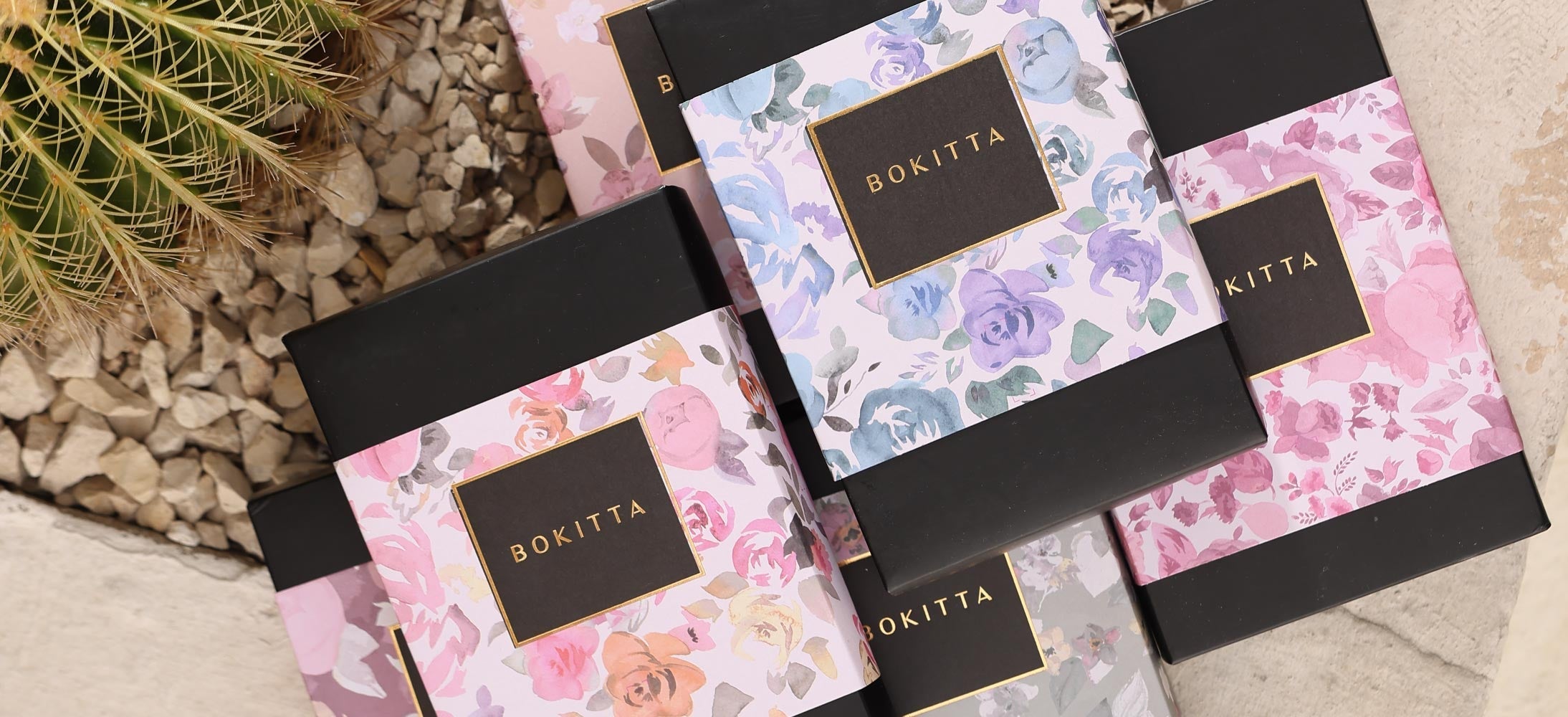
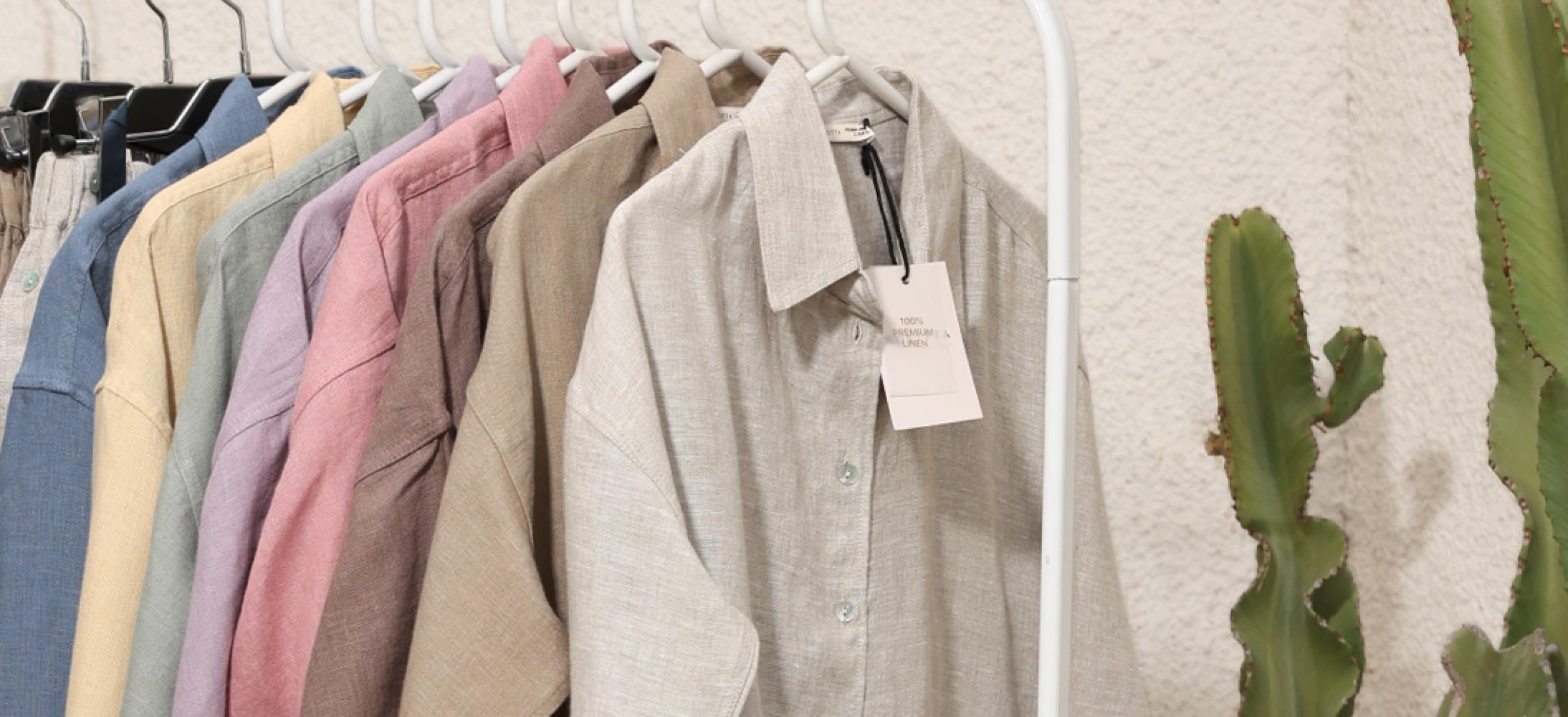
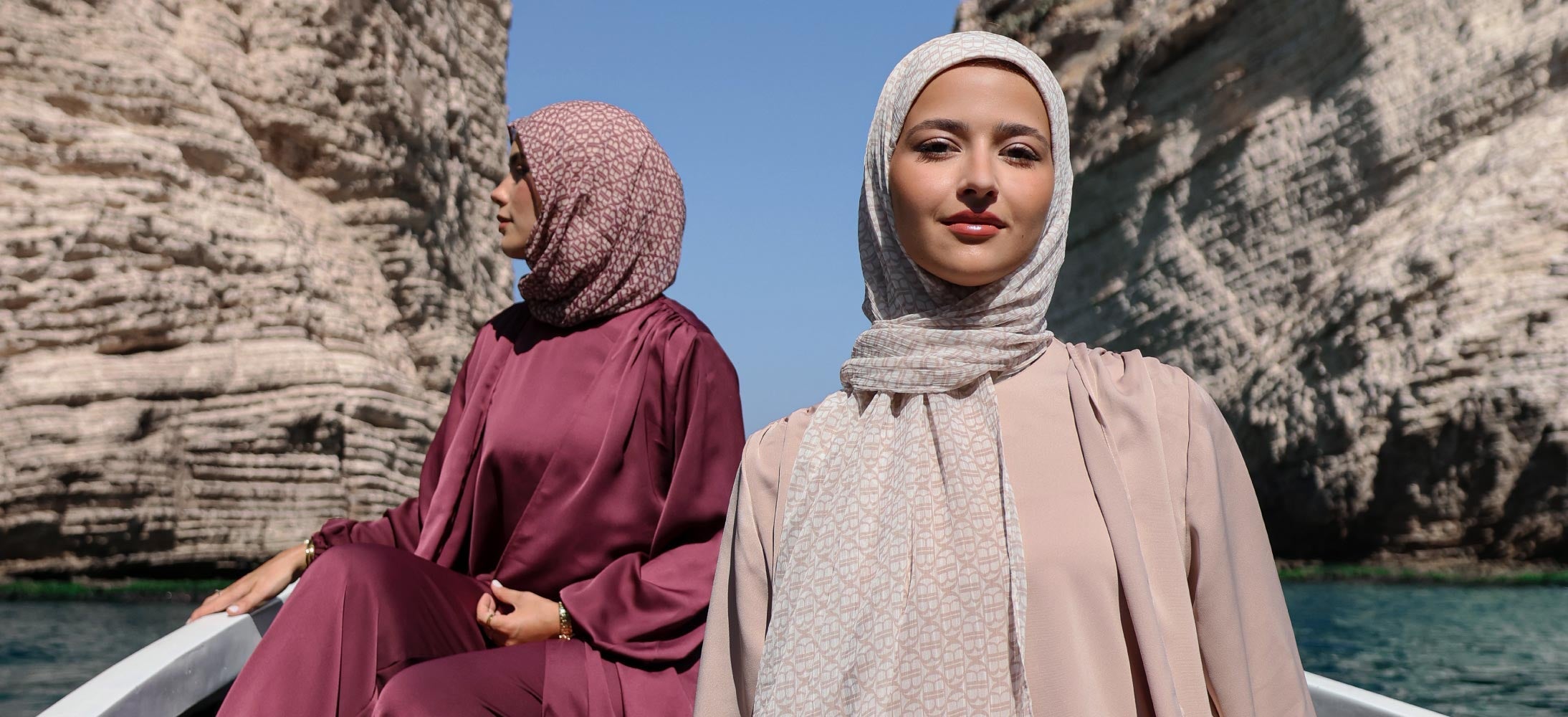


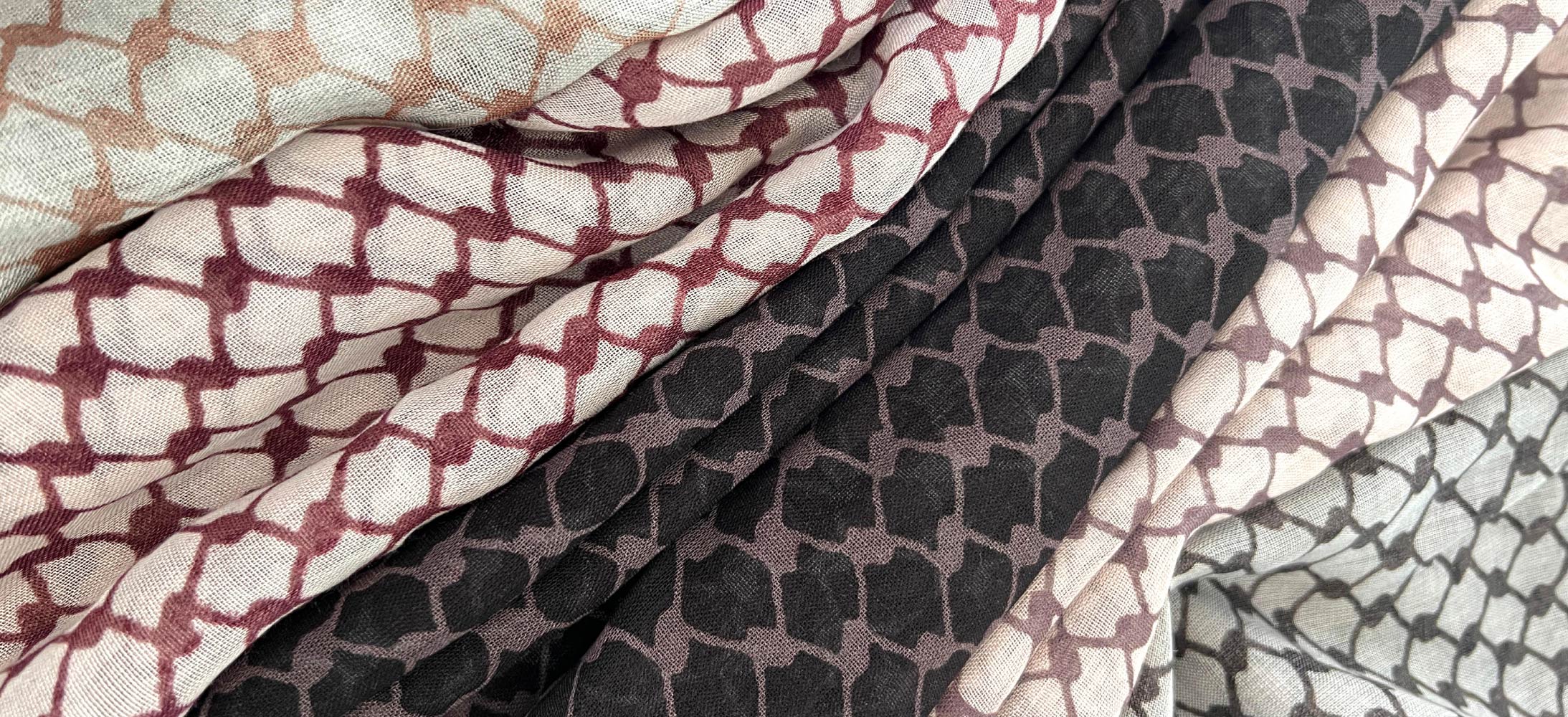


Leave a comment